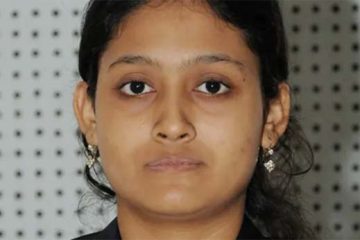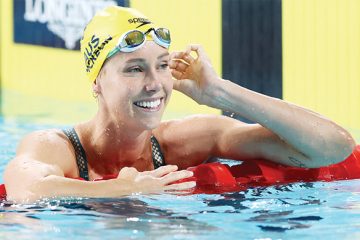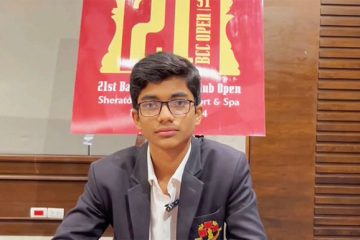State Of Women Sports (03)
Shooting provides best Olympic hope
In a male-dominated society like Bangladesh women face struggles in every walk of life, and sports is no exception. Religious barriers and a lack of support from family have forced women to take a backseat for years in the sporting field. Yet they have still found some outstanding successes in some games, which can be an inspiration for thousand others.
In this daily series, New Age will look into the challenges and prospects of women in different sports.
If Bangladesh ever wins an Olympic medal it will come from women’s shooting, according to Intikhabul Hamid Apu, general secretary of the National Shooting Federation of Bangladesh, who is not alone in his opinion.
Shooting is one of the few sports to have given Bangladesh some international success and it is a sport in which the country has consistently produced special talents over the past two decades.
A game which requires more mental strength than physical ability, shooting has always suited Bangladeshis, who certainly do not have the strongest built. As a non-contact event it is equally attractive to girls – who are generally sports-shy – as it is to boys.
Kazi Shahana Parvin, Sabrina Sultana, Sharmin Akter and Sharmin Akter Ratna have already made their names internationally, and shooting federation officials said they have a few more talents who could be surprise elements in the future meets.
20-year-old Chittagong Rifles Club shooter Syeda Sadia Sultana is already a veteran in local shooting, while 15-year-old BKSP girl Sharmin Akter announced her arrival in the Bangladesh Games earlier this year.
Sharmin dominated the 10-metre air rifle event, Bangladesh’s signature event in shooting, before narrowly losing to Sadia.
Her bronze-medal performance at the Games, which marked the end of long-time veteran Sabrina, was a welcome relief for shooting fans.
‘We have some other special talents coming up,’ said Sharmin’s BKSP coach Asbab Ali Foyez, ‘If they can stay focused they can achieve some stunning successes.’
The only regret for Foyez is that no organisation other than the BKSP has been able to produce any talent recently.
‘The facilities for shooters in clubs are always shrinking,’ said Foyez, himself a former shooter.
‘There are many restrictions on importing arms and ammunition by the clubs, and in the recent past they have received very little assistance from the federation.’
While the BKSP has little trouble importing arms, it has a different kind of problem, said Foyez, who is also the convener of the federation’s training committee.
‘Most of the BKSP students prefer cricket. Even the girls want to play cricket, as it has money. We always struggle to motivate them and their families to take up the rifle,’ he said.
‘In our BKSP we have now 30 students – 18 boys and 12 girls. We tried to make the ratio 50-50, but failed. Unless we can bring professionalism in shooting and offer them job hopes, I don’t think the scenario will be changed.’
Intikhabul emphasised identifying talents and nurturing them for future events.
‘We have the 2020 Olympics in mind. If we start right now, I don’t think it is impossible to win a medal,’ he said.
‘I am more hopeful about the girls because their ambition is higher. It is a unisex sport, so you don’t need separate equipment and gear for the girls. All you need is staying focused and training hard,’ he said.
-With New Age input





